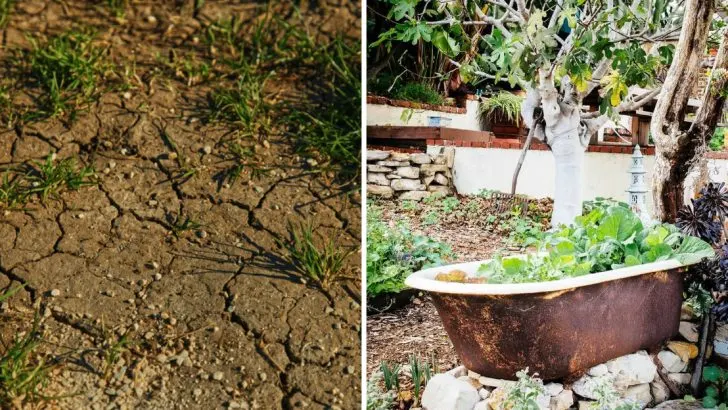Fertilizers are often seen as a quick fix for a lush and productive garden, but they can sometimes do more harm than good. Overusing synthetic fertilizers can lead to soil degradation, water pollution, and harm to beneficial microorganisms.
Luckily, there are natural alternatives that can provide your plants with the nutrients they need while promoting long-term soil health. Explore these 6 reasons to ditch fertilizers and discover sustainable ways to nourish your garden naturally!
Depletes Soil Nutrients
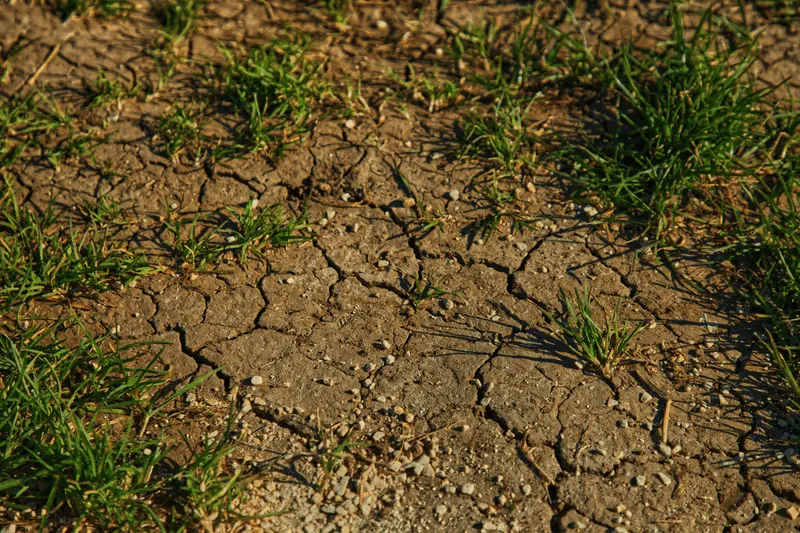
Fertilizers can lead to the depletion of natural soil nutrients over time. Constant use alters the soil’s natural composition, stripping away essential minerals. This degradation leaves your plants dependent on chemical inputs. Imagine a cycle where the soil needs more and more intervention, ultimately becoming barren.
Switching to compost can help restore this balance. By adding organic matter back into your garden, compost enriches the soil naturally. It encourages a diverse ecosystem of microbes, vital for nutrient cycling, allowing plants to flourish without artificial additives.
Harms Beneficial Microorganisms
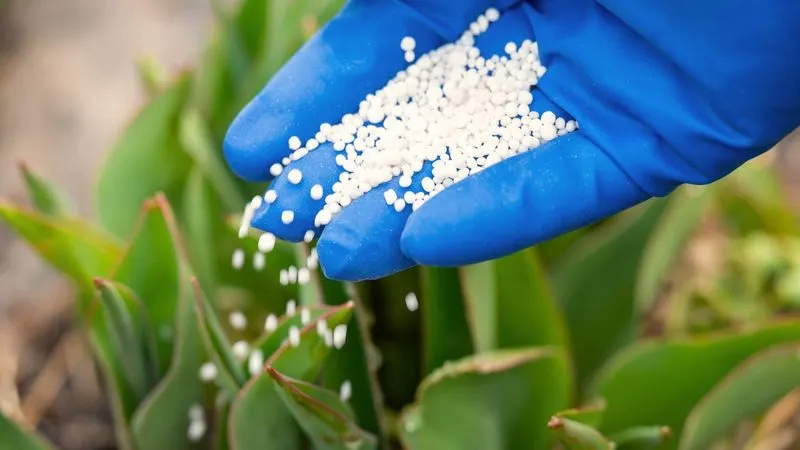
Chemical fertilizers often harm the beneficial microorganisms living in your soil. These tiny helpers facilitate nutrient absorption and contribute to plant resilience. By disrupting their habitat, fertilizers can weaken your garden’s ecosystem.
Embracing natural solutions like worm castings can support these vital organisms. Worm castings enhance soil structure and provide a gentle nutrient boost without harmful side effects. Encouraging a natural balance in your garden promotes healthier plant growth and stability in the soil community.
Causes Water Pollution
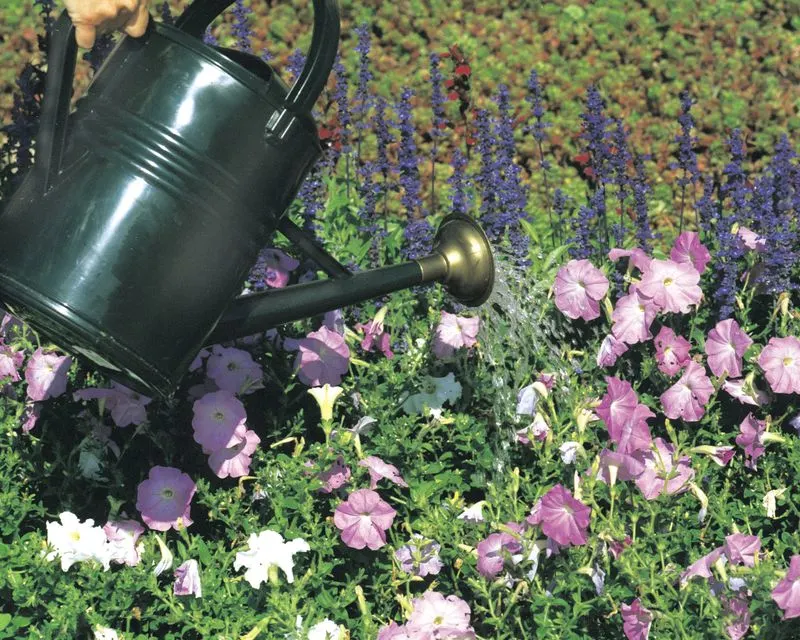
Fertilizer runoff poses a significant risk to water bodies, leading to pollution and algal blooms. These blooms degrade aquatic ecosystems, affecting water quality and marine life. It’s a chain reaction that extends beyond the garden fence.
Opt for natural alternatives like cover crops. These crops improve soil health and reduce runoff, acting as a barrier between your garden and waterways. By minimizing erosion and enhancing soil structure, cover crops protect your garden and surrounding environments from pollution.
Encourages Pest Infestations
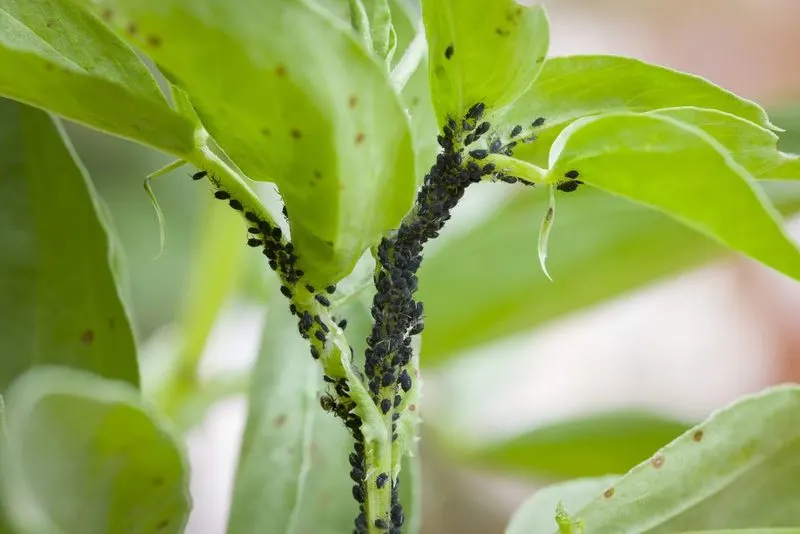
Pesticide use often increases with fertilizer application, inviting unwelcome pests. These pests are drawn to the lush growth spurred by synthetic fertilizers. This can lead to an overreliance on chemical pest control methods.
Neem oil offers a natural pest deterrent without the harmful effects. As a biodegradable option, neem oil helps maintain a pest-free garden while preserving beneficial insects. Its use supports a balanced ecosystem where plants thrive naturally.
Leads to Plant Dependency
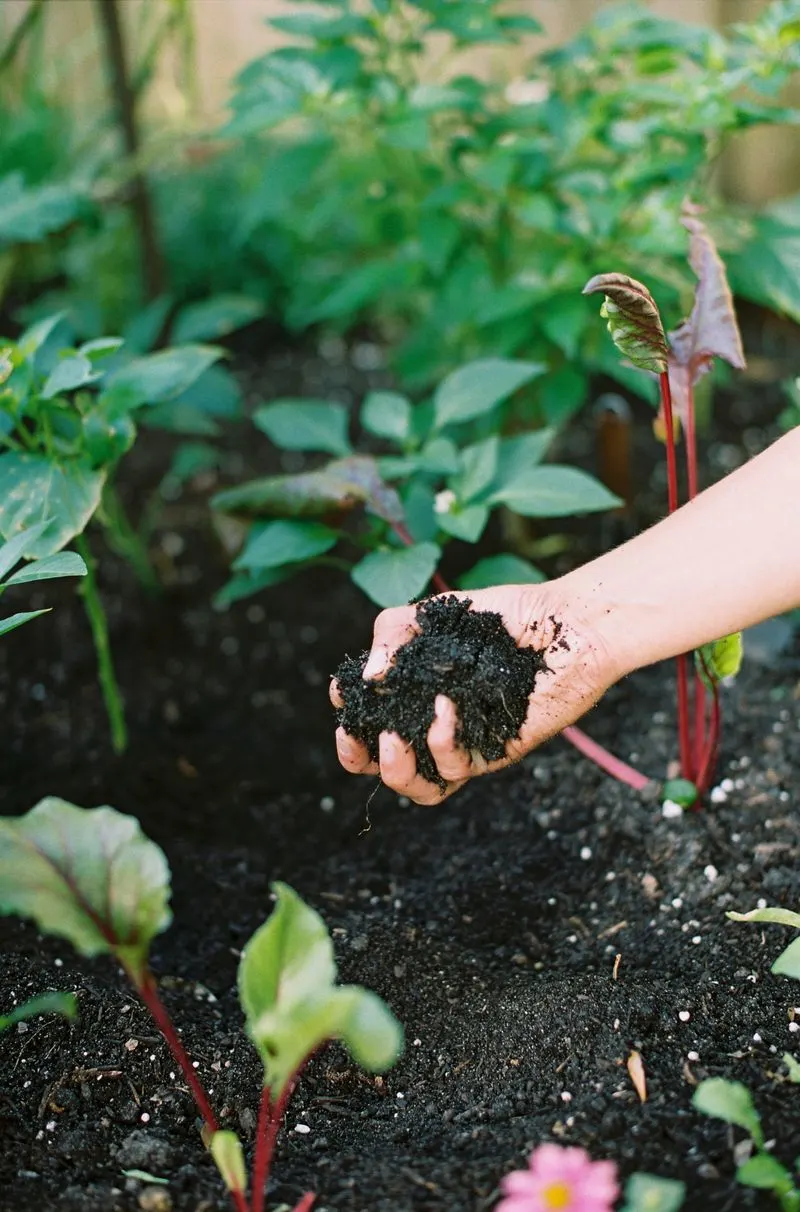
Plants can become dependent on chemical fertilizers, losing their natural ability to absorb nutrients. This dependency diminishes their resilience to stress and reduces overall plant health.
Consider using biochar as an alternative, enhancing nutrient retention and soil structure. Biochar supports plants in developing strong root systems and natural nutrient uptake abilities. This fosters hardier plants, capable of thriving without chemical crutches.
Expensive and Unsustainable
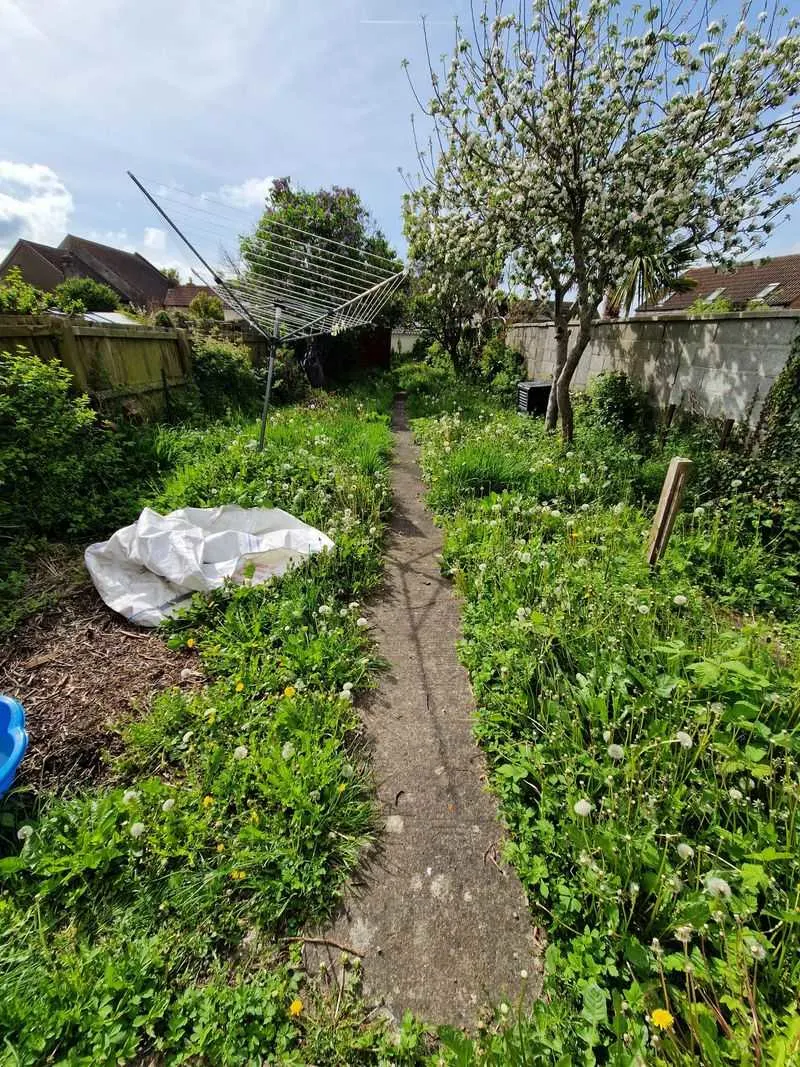
The cost of fertilizers can add up, placing a financial burden on gardeners. Beyond the wallet, the production and transportation of these chemicals leave a substantial carbon footprint.
Adopting permaculture practices offers a sustainable, cost-effective solution. By designing gardens that mimic natural ecosystems, permaculture reduces the need for expensive inputs. It promotes a self-sustaining gardening approach, cutting costs while preserving the environment.
Natural Alternatives to Try
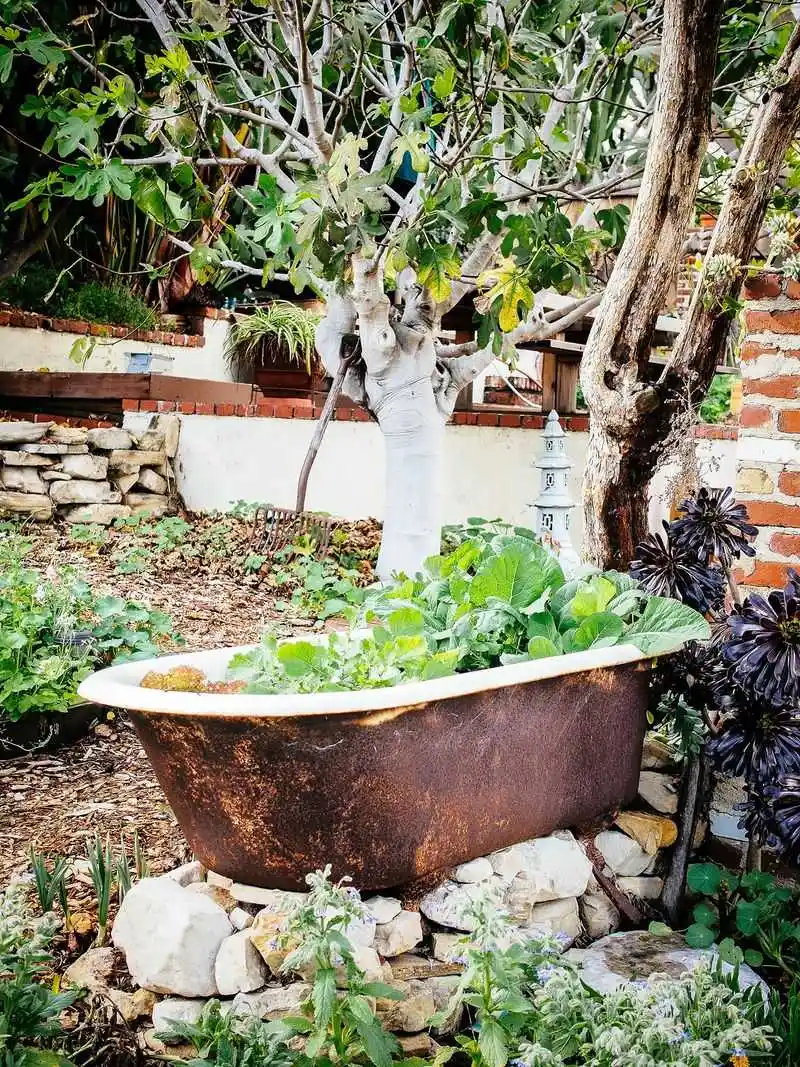
Switching to natural alternatives can transform your gardening experience. Compost, biochar, and cover crops provide essential nutrients without the drawbacks of chemical fertilizers. These methods enhance soil health and encourage robust plant growth.
Embracing these alternatives cultivates a more resilient and vibrant garden. By nurturing the soil naturally, you create an environment where plants can flourish sustainably. This shift not only benefits your garden but also supports ecological balance and health.

